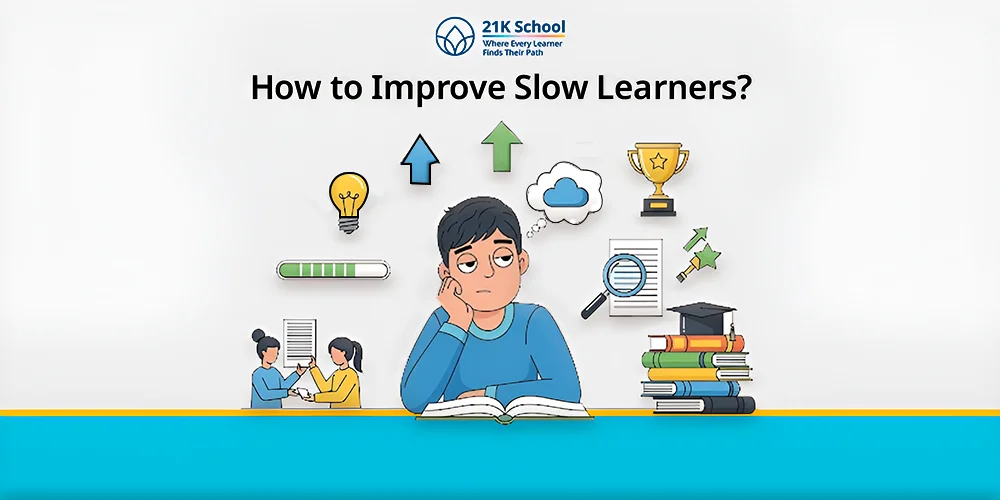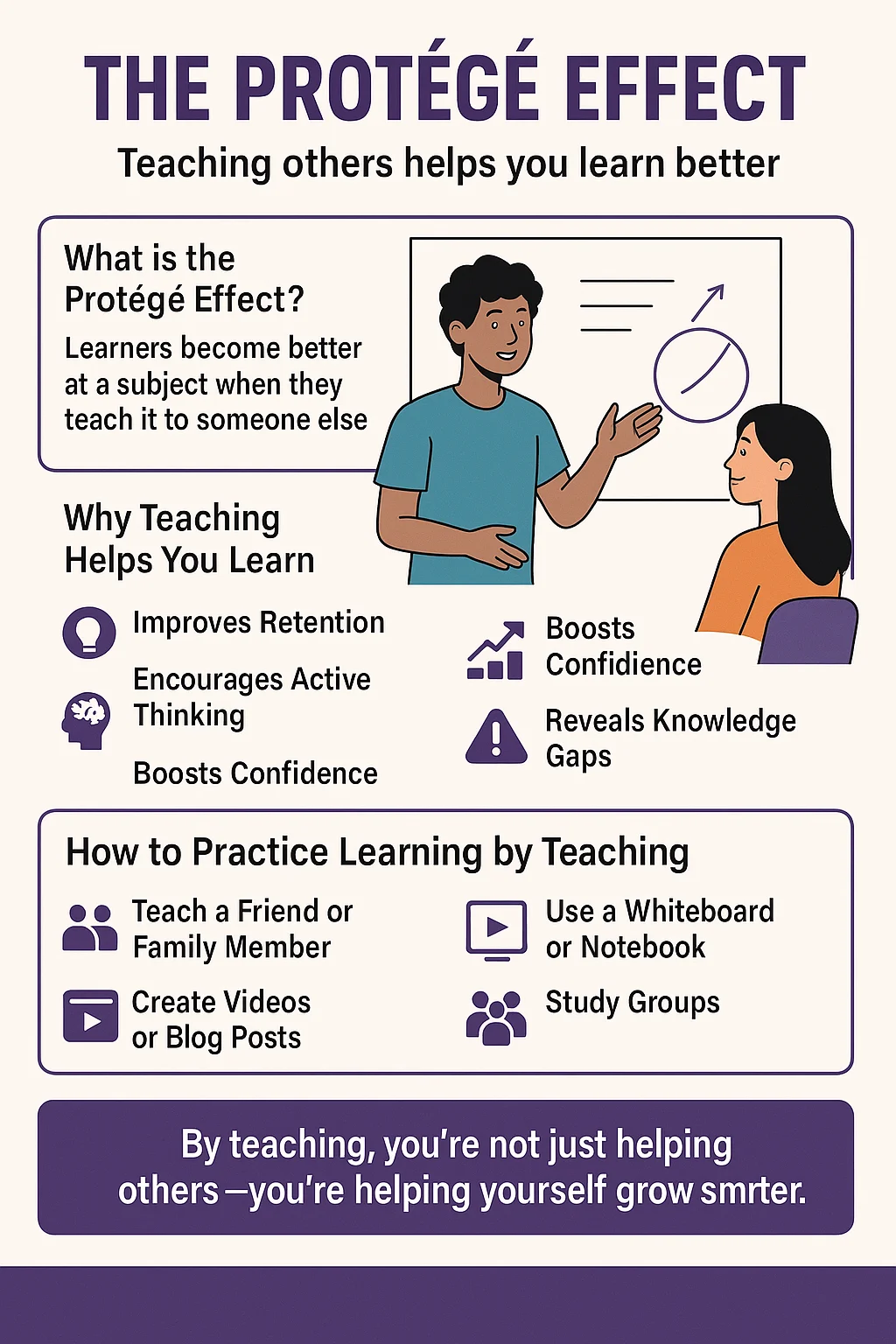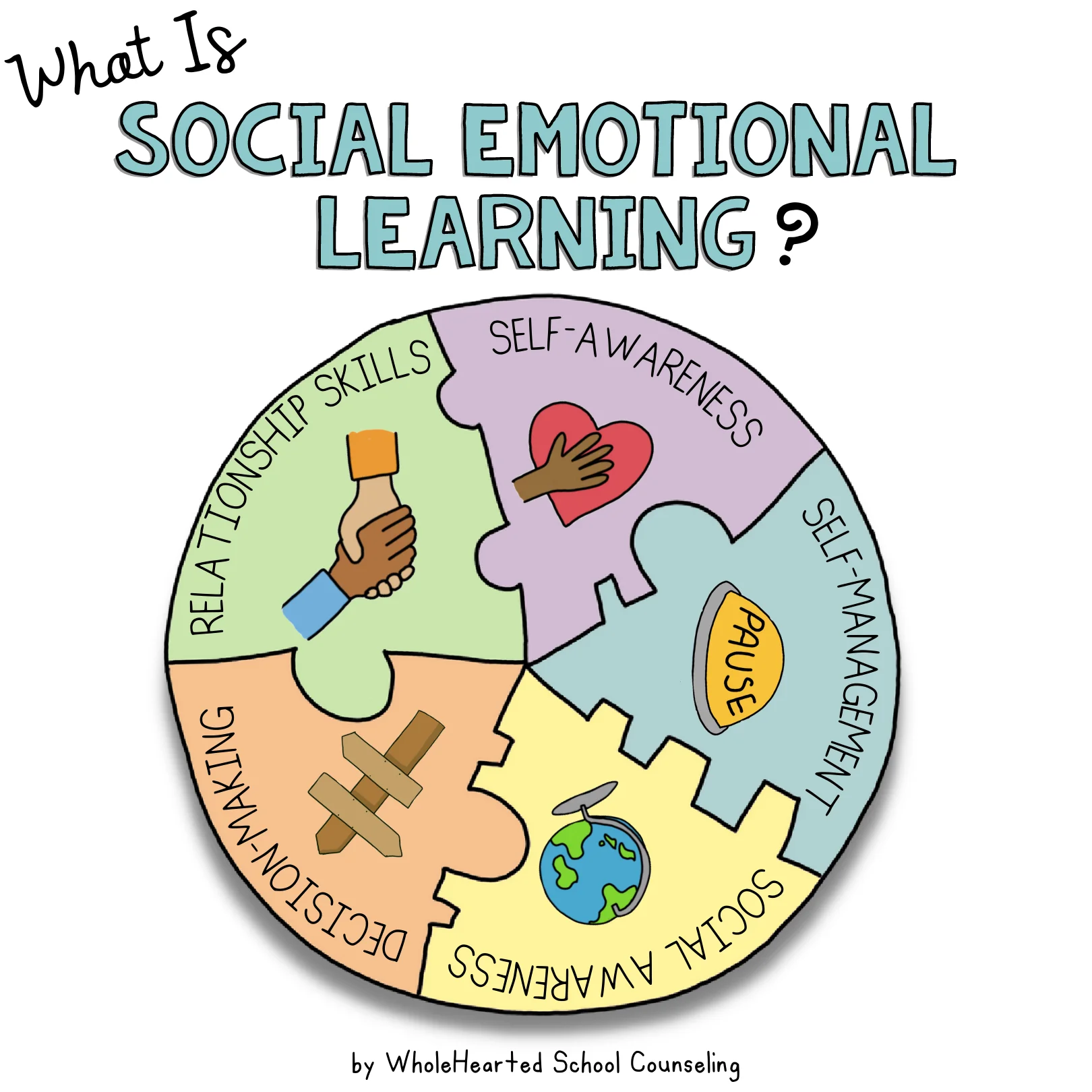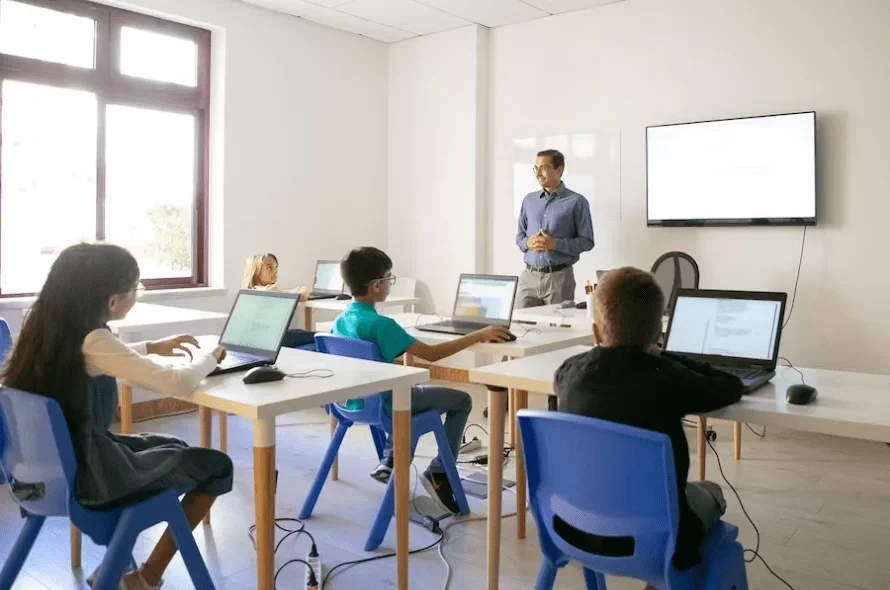In a world that values speed, slowing down might just be the smartest way to learn.
We live in a time where everyone wants quick results — fast courses, instant answers, and “learn anything in 10 minutes” tutorials. But what if slowing down could actually help you learn better?
That’s the idea behind slow learning, a growing movement in education that encourages deeper, more mindful learning instead of rushing through lessons.
What is Slow Learning?
Slow learning is all about quality over quantity.
It means taking your time to fully understand a topic, reflect on it, and connect it to real-life experiences. Instead of cramming before exams or binge-watching lessons online, slow learners focus on long-term understanding.
Think of it like the “slow food” movement — just as eating slowly helps you enjoy and digest food better, learning slowly helps your brain absorb information more deeply.
Why Slow Learning Works
Better Understanding
When you move slowly through material, you give your brain time to make sense of what you’re learning. You don’t just memorize — you understand.
Less Stress, More Focus
Rushing creates anxiety and burnout. Slow learning encourages a calm, focused mindset, helping you stay motivated for the long run.
Long-Term Retention
Have you ever studied fast for a test, only to forget everything a week later? Slow learning prevents that. By reviewing gradually and reflecting, knowledge sticks longer.
Encourages Curiosity
When you’re not racing to finish, you have time to ask questions, explore side topics, and develop genuine curiosity — the foundation of lifelong learning.
Fits All Ages and Goals
Whether you’re a student, teacher, or self-learner, slow learning can help. It’s not about being lazy — it’s about learning with intention and care.
How to Practice Slow Learning
If you’re used to rushing, slowing down can feel strange at first. But with a few simple changes, you’ll start noticing the benefits quickly.
Set Smaller Goals: Instead of trying to finish an entire chapter in one sitting, focus on one section or idea.
Reflect After Learning: Spend a few minutes thinking or journaling about what you learned and how it connects to other things.
Review Regularly: Revisit old topics weekly — this strengthens memory and builds deeper connections.
Learn Without Multitasking: Put your phone away and give full attention to one task at a time.
Enjoy the Process: Don’t study just to pass a test — study to grow. Ask yourself how this knowledge can help you in real life.
Slow Learning in Schools and Online Education
More educators are realizing that slowing down can actually speed up real progress.
Some schools are adopting project-based learning, longer reflection periods, and less test pressure.
Even online learning platforms are beginning to offer “paced learning” options where you can take time between modules instead of rushing to finish a course.
The focus is shifting from “How fast can students learn?” to “How well can they understand and use what they learn?”
The Takeaway
Fast doesn’t always mean effective.
Slow learning reminds us that real education is not a race — it’s a journey. Taking your time helps your mind build stronger connections, develop creativity, and truly master what you learn.
So, the next time you feel pressured to finish a lesson quickly, pause. Take a breath.
Learning slowly might just make you smarter in the long run.
Call to Action:
If this idea inspired you, share it with a friend who’s always in a rush to finish their studies! Follow our blog for more unique insights on how to make learning meaningful and stress-free.







agk